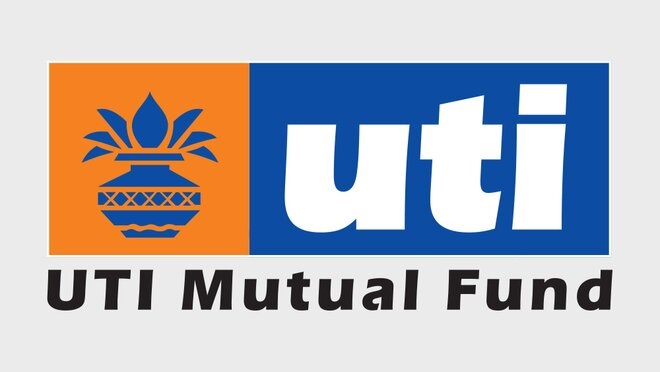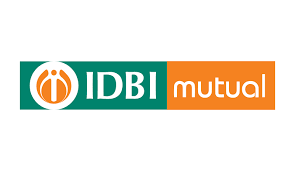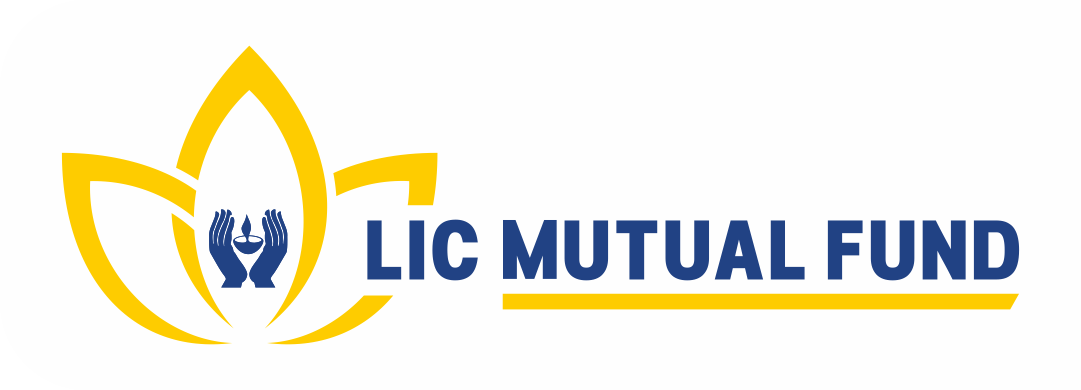The adviser introduces themselves, explains the financial planning
process, and uses open-ended questions to uncover the client's
financial goals, risk tolerance, and dreams. This approach ensures
that financial goals are personal and meaningful, aligning money's
purpose with life goals. Questions such as "What are your feelings
about investing in the stock market?" and "How do you plan to save
for retirement?" help clarify these goals, guiding investment and
financial strategies.
This step involves gathering essential information to make
strategic financial recommendations. Key considerations include
your time horizon (5, 10, 20, or 30 years), risk tolerance (high
or conservative), and current progress towards your goals, such as
savings, life insurance, and a will. For example, in retirement
planning, you'll need details like annual income, savings rate,
years until retirement, eligibility age for Social Security or a
pension, current savings, future savings plans, and expected rate
of return. Documenting this information helps visualize the data
needed for prudent investment decisions.
Let's say you need ₹10 crore to reach your goal, but your current
plan is ₹1 crore short at ₹9 crore. If you can handle more market
risk, you could increase your exposure to stocks in an aggressive
portfolio and assume a 9.00% return. With all other factors the
same, this increased return could bring your 30-year nest egg to
nearly ₹12 crore. Alternatively, keeping the return at 8.00% but
increasing your savings to ₹25,000 per month could bring you close
to your goal with ₹9.9 crore. This step highlights the importance
of developing adaptable financial plans that evolve with your
needs while staying within your risk tolerance and capabilities.
Let's say you need ₹10 crore to reach your goal, but your current
plan is ₹1 crore short at ₹9 crore. If you can handle more market
risk, you could increase your exposure to stocks in an aggressive
portfolio and assume a 9.00% return. Keeping other assumptions the
same, this higher return could grow your 30-year nest egg to
nearly ₹12 crore. Alternatively, keeping the return at 8.00% but
increasing your savings to ₹25,000 per month could bring you close
to your goal with ₹9.9 crore. This step emphasizes "developing"
financial plans that offer alternative solutions, adapting to your
needs while staying within your risk tolerance and capabilities.
Now, put your plan into action! While it may seem simple, many
find implementation the hardest part of financial planning.
Despite having a plan, it takes discipline to save ₹20,000 to
₹25,000 per month. You might fear failure, leading to
procrastination. Successful investors stress the importance of
just getting started. You don't need to begin with high savings or
advanced strategies. Start with one fund or save a few hundred
rupees per week to build your first investment. Make your
financial strategies achievable, gradually increasing savings
rates rather than jumping in too quickly, to stay within your
comfort level and budget.
Financial planning evolves just like life. Once created, a plan
becomes outdated, so it must be monitored and adjusted regularly.
Life events like marriage, having children, and career changes
require new financial perspectives. Financial changes beyond your
control, such as tax laws, interest rates, inflation, market
fluctuations, and economic recessions, also impact your plan.
Constant change necessitates ongoing financial planning. The six
steps of financial planning apply to all areas of personal
finance, including insurance, tax planning, budgeting, estate
planning, investing, and retirement. Regularly revisit and adjust
your plan, just as professional financial planners do, ideally
once a year.



































